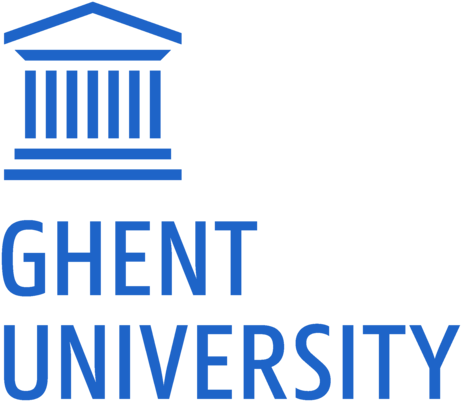The FlexIntensity project
Flexibility Mechanisms in Industry for Transition of Energy Systems towards Sustainability
Project description
In order to reduce its dependency on fossil resources, the industry of the Dutch province of Zeeland has to undergo a real energy transition. This transition will be powered by vast amounts of renewable energy. Due to its avantageous location at the North Sea coast, the province of Zeeland has access to several off-shore wind parks providing green electricity. For some industrial processes green hydrogen will be necessary, next to the green electricity. Due to the interemittent nature of renewable power generation, the need for adequate alignment energy supply and demand rises, both in time and location. The main focus of this project is thus system integration: how to optimally utilise the renewable power generation for the production of green hydrogen, whilst taking into account the constraints imposed by the energy system of Zeeland (Energy markets, grid constraints, industrial contraints etc.).
This transition entails not only technical challenges; the techno-economical and social-political challenges are at least equally large. To enable the transition not only energy, but also skilled people are needed. To this end, new academic educations will be established, both on MBO level and HBO level.
Objectives
The objective of the FlexIntensity project is to accelerate the energy transition in Zeeuws-Vlaanderen (Terneuzen region) and in the Vlissingen-Oost region. Hereto, a pilot project is developed and built by Ørsted. The pilot encompasses a 10 MW electrolyser among other infrastructure. The question of system integration will be narrowed down to the main goal: the introduction of technology and methods to optimally use the intermittent renewable energy supply in the energy system of Zeeuws-Vlaanderen and Vlissingen-Oost.
The pilot project, built by Ørsted, will lead to a real CO2 reduction. Data from this project will be used to validate the multi energy vector system models. The main technical and economical takeways of this analysis are made insightful and shared with the stakeholders, together with societal, legal and technical boundary conditions.
Project partners
The FlexIntensity project is a collaboration of different partners in Belgium and the Netherlands: HZ University of Applied Sciences (NL, coordinator), Entras BV (BE), Ørsted Hydrogen Netherlands Holding BV (NL), Scalda MBO (NL), Smart Delta Resources (NL), and Ghent University (BE).
Main roles of Ghent University
Ghent Universty will develop a model of the Zeeland transmission grid, predicting power flows and congestion. The model will be linked to a visualisation making power flows insightful. Next, the coupling between different energy vectors (electricity and hydrogen) will be modelled accurately, taking into account temporal and spatial aspects of the carriers. With the use of the robust energy system model, the valorisation of the added flexibility will be studied, by participating both in ancillary services as in congestion alleviation services. This study will be performed both on a technical and economical level. Lastly, a design-for-flexibility analysis of the system compenents will be performed.
Duration and budget
The project runs from January 2024 until December 2026 and has a total budget of approximately 9 million Euro. The FlexIntensity project receives funding from the EU Just Transition Fund, managed by the government of the Netherlands.
Research team at Ghent University
| researcher: | Louis De Backere |
| supervisors: | prof. Lieven Vandevelde and prof. Greet Van Eetvelde |
More information
- The official FlexIntensity project webpage
- Contact person for Ghent University: Lieven Vandevelde —





